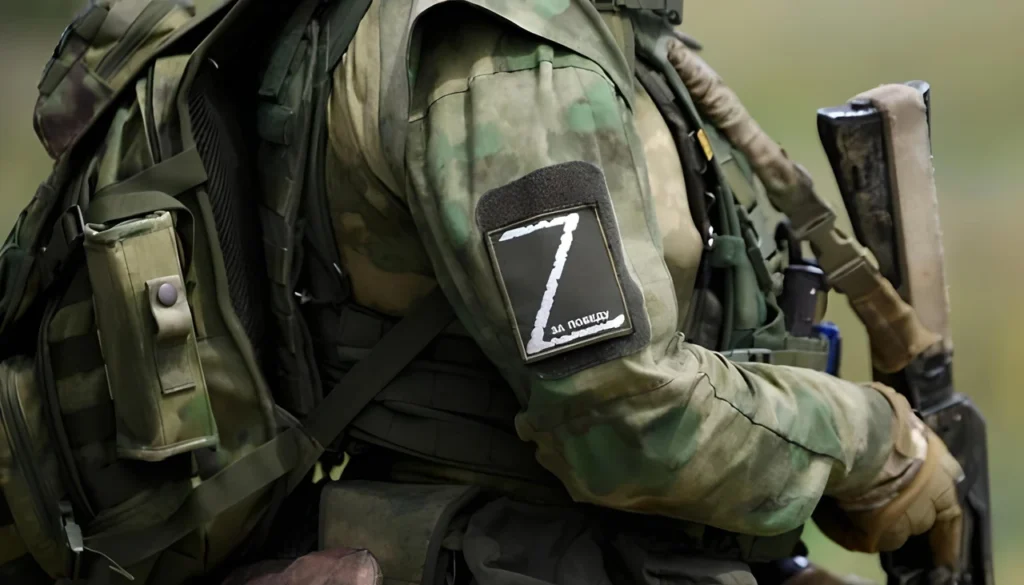
In a stark portrayal of the grim realities soldiers face on the front lines, a member of Moscow’s 5th Separate Motorized Rifle Brigade has come forward with chilling revelations.
The soldier’s account, disclosed in an intercepted call released by Ukraine’s Defense Military Intelligence (HUR), paints a distressing picture of the conditions endured by troops under his command.
The intercepted conversation, which has garnered significant attention, features the soldier accusing military superiors of callously deploying troops, many of whom are grappling with severe health issues, into the heart of combat zones as mere “cannon fodder.”
The soldier, speaking candidly to an unidentified individual, expresses profound anguish at the loss of lives, attributing it to what he perceives as reckless and unjustified orders from higher-ups.
“And the fact that you lost the whole f*king company there, you killed them all, b**tards with messed-up fantasies, stupidly threw them in as meat, as cannon fodder,” he laments, revealing the deep-seated frustration and despair within the ranks.
[adinserter name="Three"]The soldier sheds light on the alarming prevalence of illness among military personnel deployed in the Southern Military District. According to his account, a significant number of soldiers are battling severe health ailments, including tuberculosis, HIV, hepatitis, lung diseases, and even tumours.
[adinserter name="One"]The soldier’s testimony offers a sobering glimpse into the health crisis gripping the unit, raising questions about the adequacy of medical support and the welfare of servicemen.
[adinserter name="Four"]Despite surviving the horrors of combat, the soldier reveals a disheartening reality awaiting veterans upon their return to civilian life. He claims many are discharged without adequate financial support or access to essential resources. “Two days later, some random guy came; I had never seen him before.
[adinserter name="Two"]He says: ‘Guys, if you write a report now that you have no complaints against the top leadership of this new battalion, then you, he says, are going home now. But remember, you will not see the salary for January,'” he recounts, highlighting the systemic neglect and mistreatment of those who have served their country.
[adinserter name="Five"]Amidst these revelations, discord and dissent simmer among Russian soldiers, reflecting growing disillusionment with the prolonged duration and intensity of the conflict.
Intercepted communications reveal discussions centred around evading frontline deployment and expressing grievances over protracted separation from loved ones.
[adinserter name="Six"]The soldier’s account echoes previous instances of dissent within the Russian military. Alexander Shpilevoy’s impassioned plea for the rotation of personnel and an end to the conflict in Ukraine met with severe repercussions, as he found himself confined to a penal guards’ facility in the Luhansk region.
Such punitive measures are a stark reminder of the risks of speaking out against perceived injustices within the ranks.
[adinserter name="Seven"]The revelations brought to light by the soldier underscore the complex dynamics of modern warfare and the toll it exacts on those tasked with its execution.
While Russian authorities routinely dismiss intercepted communications as fabricated or distorted, insiders affirm their authenticity, providing a sobering glimpse into the harsh realities faced by soldiers on the front lines.
[adinserter name="Eight"]As allegations of abuse and neglect continue to surface, the plight of servicemen and women remains a pressing concern, underscoring the need for greater transparency, accountability, and support within military institutions.






